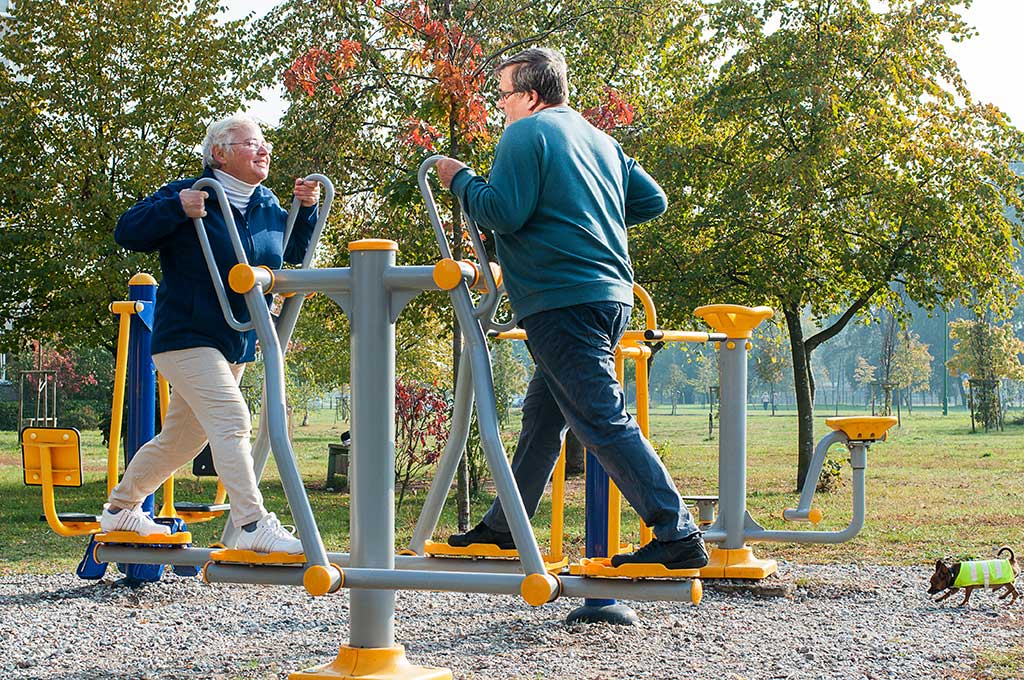As you advance in years, you’re at higher risk of getting cancer compared to younger people. Understanding why and what you can do about it can help you prevent this disease and improve your overall health and wellness as you age. Whether it’s deciding not to use tobacco or quit smoking, eating a healthier diet, or avoiding excess alcohol consumption, the tips in this article will help you lower your risks of cancer as much as possible. These tips might also come in handy if any of your loved ones are struggling with this disease as well.
Stay Protected from the Sun
While many aging family members might enjoy getting outdoors, it’s also essential to keep your skin protected from overexposure to UV radiation. Ultraviolet light can damage cells, which increases your risk of developing cancer. Just 10 minutes of unprotected sun exposure is enough to cause long-term damage or even skin cancer for some family members. If you enjoy being outdoors, be sure to wear sun protection with an SPF 30 or higher at all times during daylight hours.
Stop Smoking
Quitting smoking is one of the best things you can do to reduce your risk of getting cancer and other health problems. Using tobacco products, such as cigarettes, cigars, snuff, or chewing tobacco, can damage your lungs and increase your risk for certain cancers. Quitting at any age will help you feel better and live stronger!
Minimize Your Exposure to Cancer-Causing Chemicals
Many everyday items contain chemicals that may cause cancer if they get on or in your body. Avoid direct contact with potential carcinogens whenever possible by keeping them out of reach and out of sight–particularly when you’re cooking.
Have a Healthy and Balanced Diet
Eating healthier doesn’t have to mean adopting a strict, bland diet. You can eat tasty, nutritious foods low in calories while also reducing your risk of cancer. For example, citrus fruits are loaded with flavonoids that have been shown to slow down cancer growth—and they taste great! If you stick to just one citrus fruit per day, you can get a full day’s worth of these helpful nutrients. Vegetables are another excellent option for lowering your cancer risks because most vegetables are high in antioxidants and phytochemicals, which help fight off cellular damage. Start eating lots of colorful veggies daily!
Maintain a Healthy Weight
Maintaining a healthy weight reduces your risks of cancer. Obesity in seniors are known risk factors for several types of cancer. If you’re 60 years or older, maintain a healthy weight by practicing regular exercise and consuming low-calorie meals, which may reduce your risk of type 2 diabetes.
Visit the Doctor Regularly
In addition to cancer screenings, senior cancer patients should have a full checkup with their primary care physician every six months. If you have a family history of cancer or take certain medications, it’s a good idea to see your doctor even more frequently. The sooner a cancer is detected and diagnosed, the better chance there is for successful treatment and recovery. Work with your doctors on an individualized schedule. Because older adults sometimes suffer from medical problems that can prevent them from visiting their doctor regularly, it’s also important to work closely with an out-of-hospital caregiver who can ensure they remain compliant with preventative medicine schedules.
Avoid Processed Foods
Don’t eat any processed food. Processed foods are among some of your biggest enemies in cancer prevention because they contain excessive amounts of artificial colors, flavors, and preservatives, all of which have been linked to increased risk for several types of cancer. The American Institute for Cancer Research (AICR) recommends that you avoid processed foods as much as possible, or try to purchase those that come with short ingredient lists.







